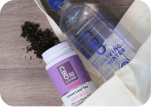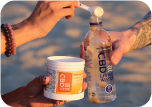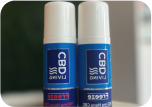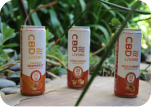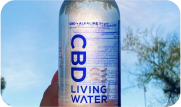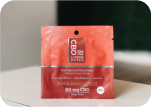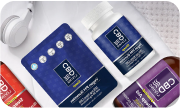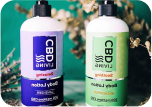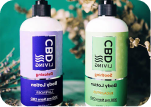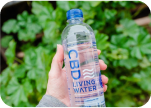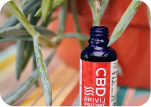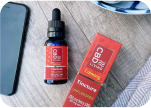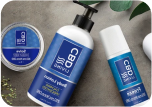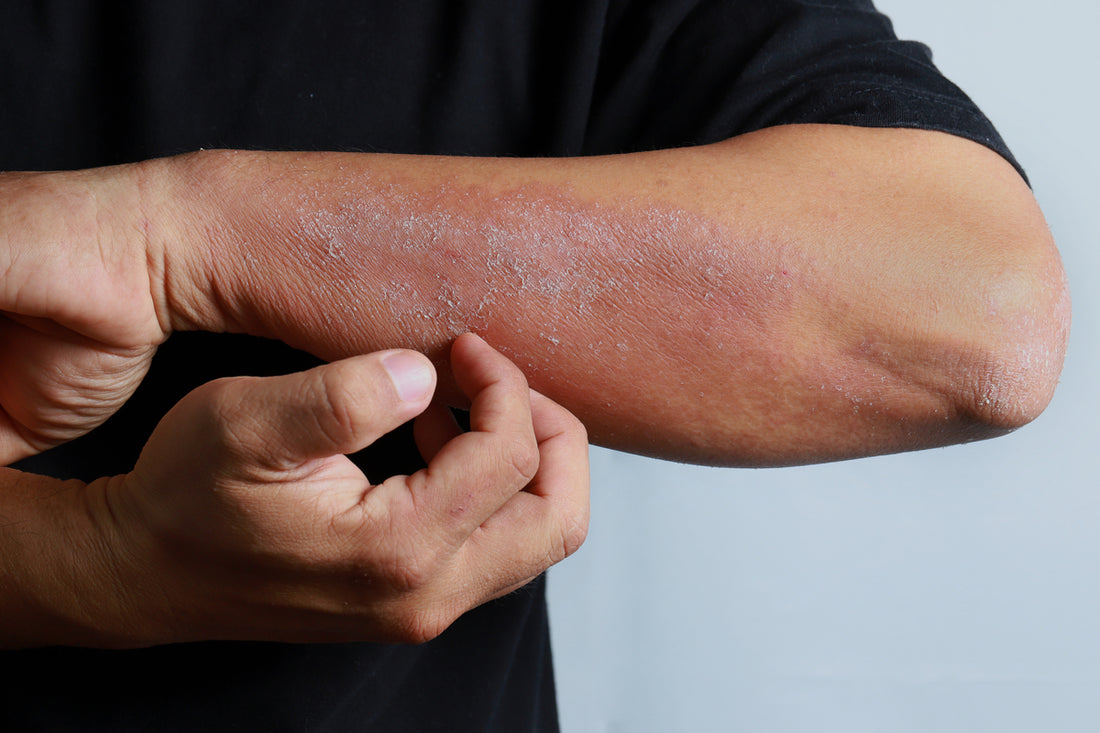
Getting to Know the Causes of Eczema and How to Prevent It
Approximately 31.6% of the population in the U.S. has dealt with eczema. The red, itchy skin this condition causes is uncomfortable, and depending on its location, can be embarrassing. Unfortunately, for some, eczema is just part of their normal, day to day life.

Causes of Eczema
Your skin is made up of three layers. With healthy skin, the tougher, outermost layer is called the epidermis. It reduces the ability of foreign substances, like allergens, viruses, and bacteria, to get in.
If you are dealing with atopic dermatitis, it means your outer layer of skin is weaker, and therefore more susceptible to inflammation that results from the body's immune cells. Damage also occurs when you scratch the area, resulting in the breakdown of skin cells, which makes it easier for foreign items to get in.
After the substances have made their way through the skin, immune cells will tell your body it's "under attack." This is when the familiar rash and redness on the surface of your skin will appear. When something itches, you will scratch it, which is going to cause your skin to become even weaker, allowing more foreign substances in, and increase the risk of infection.
Triggers and Causes of Eczema
Do you know that, in most situations, eczema doesn't occur suddenly? Some certain triggers or causes will impact how often and how severely you have to deal with this issue.
While the specific cause is unknown, some of the common issues include:
- Detergents, juices, meats, soaps, vegetables
- Dandruff, mold, pollen, pets, dust mites
- Dairy products and eggs
- Stress
- Hot or cold temperatures
Tips to Prevent and Soothe Eczema
Even though there is no cure for eczema, there are some treatments that will help heal the areas on your skin that are affected and help prevent symptom flare-ups. There are also a few "home care" steps you can take.
- Moisturize daily
- Take lukewarm baths
- Wear soft fabrics like cotton
- Apply moisturizer quickly after bathing
- Use a non-soap cleanser or a mild soap
- Air dry or gently pat your skin dry
- Keep fingernails short to prevent damage when scratching
- Use a humidifier in cold or dry weather
- Avoid rapid temperature changes or things that make you sweat
You can also use one of the topical ointments available for this condition that will help ease the itch. Keep in mind, though, that some of these, like antibiotics and steroid creams, may be harsh to your body and cause unwanted side effects.
Something to consider trying is a CBD-infused eczema cream. This product is designed to help soothe cracked and itchy skin. Also, other ingredients will moisturize your skin and help you avoid the itchy sensation that eczema can cause.
Dealing with Eczema
While following the tips and information here can be beneficial, these steps will not make your eczema completely disappear. You can work to minimize the breakouts you have and relieve that painful itch that goes along with the condition if you take the right steps and pay attention to things that may cause a flare-up.


